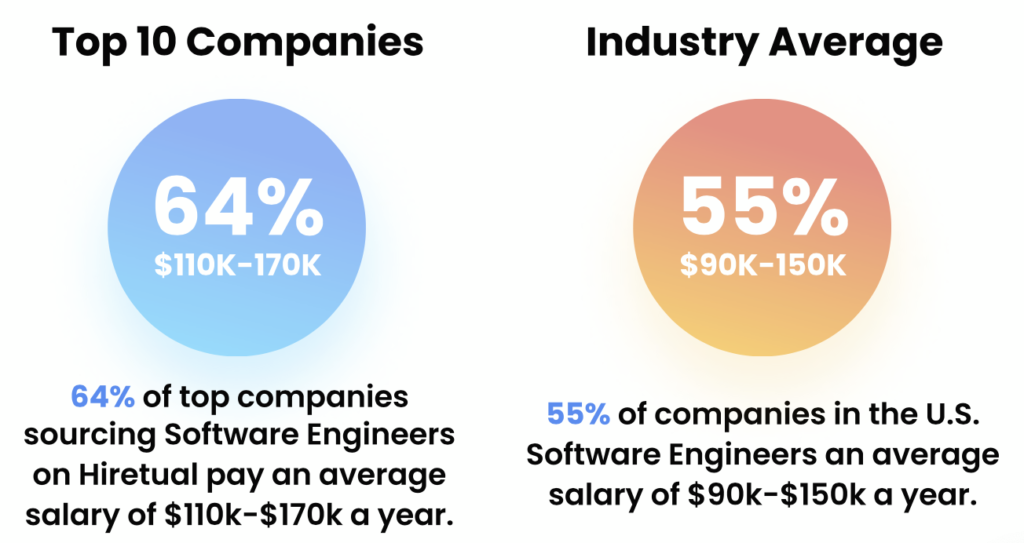The worst advice you can get as a new professional in the world is to follow your passion. I’ll blame social media and the fake B.S. that proliferates Instagram, TikTok, etc. This one phrase, “Follow Your Passion” is probably the main culprit for the growth of the entire life coaching industry, and has probably ruined more careers than alcohol and drugs combined.
This is the first time I’ve written about this. I love puppies. Petting puppies is my passion. Puppies are awesome! Turns out, no one wants to pay me six figures a year to pet puppies. Ugh…there goes my passion. Honestly, from a talent standpoint, I’m not even sure I’m very good at petting puppies. I mean, I love it, but I don’t think I am necessarily better at it than anyone else.
The other day I heard someone say, “Follow your talent, not your passion.” and I thought, Oh, I like that!
When I tell some young person, you’re stupid, don’t follow your passion. I look like an old ogre who doesn’t get it. I mean I do get it, but when you’re young the world hasn’t beaten you down enough yet to understand what’s real vs. what’s fantasy. What every person can easily understand is “what is your talent”, what are you good at. There might be a number of answers to this. Some of the answers might seem like there isn’t much value, at least to a young person.
“I can easily talk to people I’ve just met.” What value does that have?! Oh, boy, let me tell you! You can work in all kinds of great positions because that skill isn’t something everyone has. I went to school for marketing, and I can talk to people easily, and I actually really like technology. Okay, now we are building up some really great skills that lead to some cool career opportunities.
We all have talents. Individually some of those talents don’t seem like much. You might have a talent of I can get up each day full of energy and ready to work. Great! That isn’t as common as you think! The reality is most of our talents, by themselves don’t seem like much, but when we combine them with other talents, and training, and the right culture fit, some amazing results can happen.
Follow Your Passion is the World’s Worst Advice
Unless your passion has some real value. That part is always missed by people giving that advice. Usually, those giving out that advice have abnormal passions. “My passion was coding and developing game theory and design…” Oh, really, well following that passion in this economy is probably a great idea!
The combination of talent + passion is really difficult for most people. People would say, oh, you love puppies, you should become a breeder or trainer of dogs. No, I have no desire to watch a dog give birth, yuck! Or work with dogs and train them, I just like snuggling them and petting them. I have passion, but no talent.
So, we begin to see there are caveats to following your passion. Basically, you should follow your passion if:
- Your passion has real value to earning a living.
- Your passion aligns with your talents.
- Your passion doesn’t cost your parents their retirement.
Now, my friend, Kris Dunn, believes that the most talented people you will run into usually have a high passion for the industry and/or profession they are thriving in. I believe this is true. So, in that case, yes, follow your passion. But, I wonder, is this a little bit of the chicken or the egg scenario. Do I have passion for this job, because I happen to be really freaking good at this job?!
I think many of us found success in professions we never even thought about doing when we were young. I know I wasn’t in high school thinking, “Oh, boy, I can’t wait to be a Recruiter!” I wasn’t in college thinking that either! But, I became a Recruiter, I became successful recruiting, and I’m really passionate about our profession! I love it! I talk about it every day! I’m proud to call myself a Recruiter.
My passion in college was coaching volleyball. Not very many people know that about me. I was actually pretty good at it as well. Turns out, coaching pays for crap for a lot of years and there aren’t many jobs that pay well. So, I had to make a business decision. Be a poor volleyball coach, or go make some good money and then do some coaching on the side. Some folks will say, I should have stuck it out with my passion, but it all worked out well for me in the end, and I found a passion I didn’t even know I had.
You will never hear me in front of young people telling them to follow their passion. At best, that statement is incomplete and bad advice. I will tell young people to try all kinds of stuff. Find out what you’re good at and determine if that thing is also something you can see yourself doing for a long time. Follow your talent and see if it might turn into a passion. At worse, you’ll be successful, but unhappy with your choice, and still have choices, because you’re successful.






